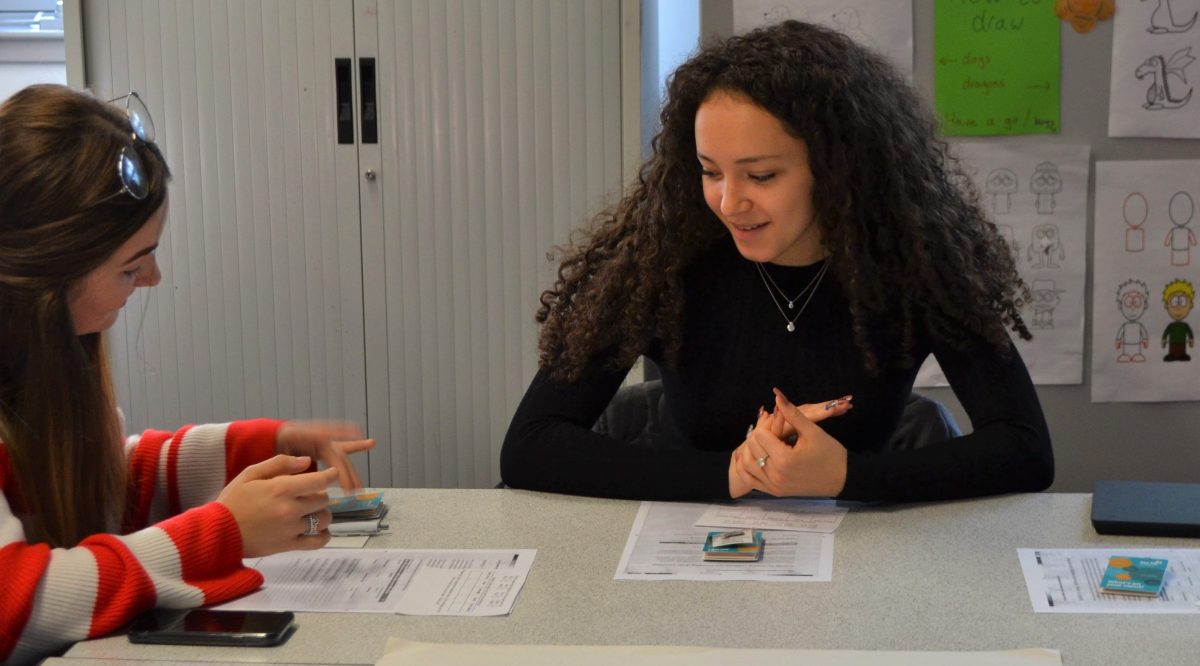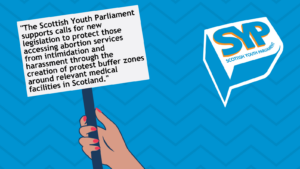When it comes to the Children’s Hearing System (CHS), ‘How old is too old’? For many, this question may seem irrelevant. But for those with direct experience of the CHS, it can be a make or break situation. Currently, a young person will lose the support offered by this system when they turn 16 – unless a young person is issued with a CSO (Compulsory Supervision Order), which would extend this to their 18th birthday. But should this still be the case? The Scottish Government and SYP set out to discover what young people thought about this topic in our #WhatsYourTake Survey.
Over 800 young people from all 32 Scottish Local Authorities filled out our consultation. We also had responses from all 11 of our National Voluntary Organisation partners, who represent a diverse cross-section of young people in Scotland. The first question asked: “How much do you know about the Children’s Hearing System?” 78% of respondents were not aware of what the system was with 62% having never heard of it at all. A further 17% had heard of it, but unaware of their key tasks and duties.
Our second, and final, question contextualised what the CHS – explaining what it is there for, and how it may help young people. After reading this summary, respondents were prompted to answer the question: “What age should the Children’s Hearing age be extended to?” Young people majorly supported increasing the age (approximately 66.5%), while 43.5% believed it should remain the same.
There were various reasons as to why the majority of young people voted in favour of increasing the age. Many argued that young people are often still not fully independent at 18, with the transition into adulthood being a gradual process. With this in mind, a period of transition is required, as young people may be dealing with various life changes at once (education, living arrangements etc.). Respondents suggested that young people may be more emotionally mature in their later 20s.
At our 70th annual Sitting of the Scottish Youth Parliament, we were able to dive deeper into this topic. We took a closer look at the Compulsory Supervision Order (CSO’s) and young people’s roles within this. All groups agreed that the maximum age for these should be higher than 16. This is largely due to the fact that this support can be a lifeline, and without it, the risks of young people reoffending and of experiencing abuse are higher. This withdrawal of support at 18 can lead can have a detrimental impact on young people’s physical and mental health.
Through the #WhatsYourTake survey and consultation workshop, we now have a clearer representation of young people’s understanding of the CHS, and of the changes they wish to see. The next steps should include: educating young people about the CHS, and informing them of their rights should should they have to experience the system. Finally, support provisions provided by the CHS must be gradually reduced, allowing young people to adjust without putting their wellbeing in danger.



